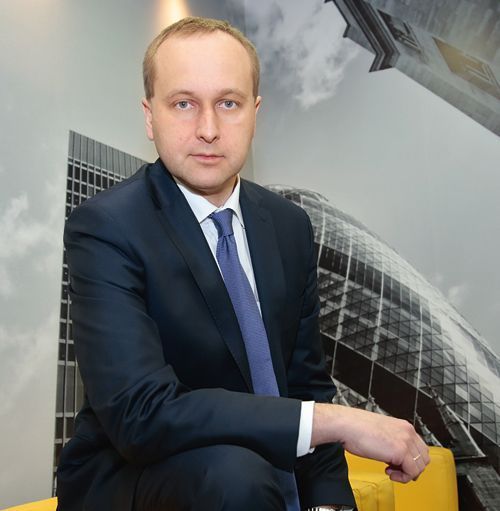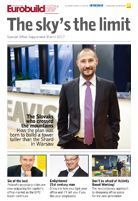Ewa Andrzejewska, ‘Eurobuild Central & Eastern Europe’: Is the management of an office building in Warsaw different than for one in a regional city – and if so, what do the differences tend to be?
Bartłomiej Łepkowski, director, head of property and asset management, Savills: In regional cities the human factor is of key importance; managers often have to show more initiative and self-sufficiency. If a problem arises, they have limited consultation opportunities with the rest of the team and have to make a decision straight away, on the basis of their own experience and sometimes of their intuition. Due to the growing supply on regional markets and the heightened awareness of tenants, the expectations over the standard of the building, the security and the availability of amenities are also growing. Trends that start in Warsaw are now spreading out into the regions, so the difference between the pro-activity of managers of the best properties in the regions and those in the ca





























































